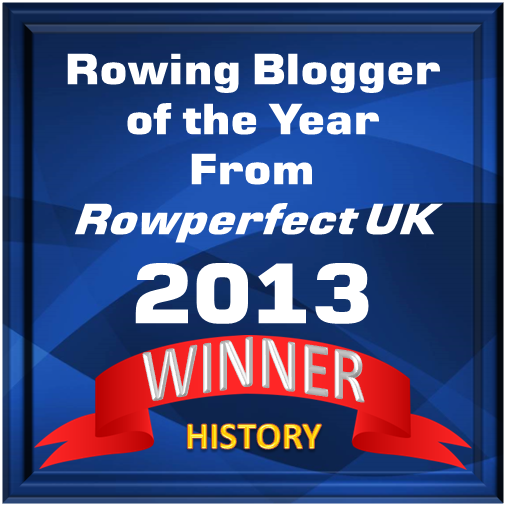Sagar Mitchell and James Kenyon founded the firm of Mitchell & Kenyon in 1897. The company was one of the largest film producers in the United Kingdom in the 1900s, with slogans like “Local Films for Local People” and “We take them and make them”.
Between 1900-1913, filmmakers Mitchell & Kenyon roamed Northern England, Scotland and Ireland filming the everyday lives of people at work and play. For 70 years, 800 rolls of this early nitrate film sat in sealed barrels in the basement of a local shop in Blackburn. Rediscovered by local historian Peter Worden in the early 1990s and subsequently acquired by the British Film Institute in June 2000 this collection has been the subject of an ambitious four-year restoration and research project. (Gary W. Tooze of DVD Beaver).
The films were shot and shown, perhaps on the same day, in local halls and early cinemas. People would pay for the privilege of seeing themselves as others did. The results of the restoration were originally shown on BBC as a three-part series, The Lost World of Mitchell & Kenyon. The series was released on a DVD and followed up with three other DVDs – Electric Edwardians: The Films of Mitchell and Kenyon, Mitchell & Kenyon – Edwardian sports and Mitchell & Kenyon in Ireland.
Thankfully a number of short rowing clips are included as follows:
Mitchell & Kenyon – Edwardian Sports
Kingston Rowing Club at Practice (3 May 1902). This clip is 4:32 long and the opening commentary states that it takes place on the River Humber but it should more correctly state that it is the River Hull. Kingston-upon-Hull is a town in North East Yorkshire situated next to the Humber Estuary. Watch out for the sculler at the end of the clip, paddling along smoking a pipe!
Final of International Cup at Cork Regatta between Leander and Berlin (23 July 1902). This clip is only 2:32 long and was previously included in an earlier posting on HTBS called Royal Visits Benefit Irish Rowing.
The booklet accompanying the DVD has this to say about the rowing clips:
Rowing, too, was emerging in the Edwardian period as both a popular leisure pastime and a sporting occasion. Two films selected here illustrate both the amateur nature of the sport and the problems of shooting sporting events at the time. Final of International Cup at Cork Regatta, filmed at the Cork International Exhibition on 23 July 1902 features Leander from Henley-on-Thames and Berlin Rowing Club. Leander won the race but the film appears to be more of a series of spectator shots rather than action on the river. Kingston Rowing Club at Practice, shot in May 1902, emphasises the comic nature of the event as opposed to the sporting, with audience appreciation in the later showing of the film centring on the rowers falling into the river.
Mitchell & Kenyon in Ireland
There are three rowing clips on this DVD as follows: Two-oared Boat Race, Sundays Well, Cork (1902), Crews practicing on River Lee at Cork Regatta (20 July 1902) and Final of International Cup at Cork Regatta between Leander and Berlin (23 July 1902). They can be found together as one clip of 4.47 with the slightly misleading title of Mitchell & James Kenyon -1901-Rare Video of Ireland-Part 11.
The booklet with this DVD also has a short paragraph on the rowing clips as follows:
The Cork Exhibition was also a venue for some of the sporting titles shot in Ireland, rowing being one of several spectator events held during the summer. Two boat races took place in Cork during this period: the first International Gig Races of 21-23 July at Cork International Regatta, glimpses of which can be seen in Two-oared Boat Race, Sundays Well, Cork (1902); and the Final of International Cup at Cork Regatta between Leander and Berlin (1902) held on 23 July. Leander, who won the competition, was founded in Henley-on-Thames in 1818 and are the world’s oldest and most renowned club [sic].
As HTBS readers will know, Leander was indeed founded in 1818, but on the Tideway. There are at least three surviving rowing clubs older: Brasenose College Boat Club, Jesus College Boat Club and Westminster School Boat Club.
Sunday’s Well Boating and Tennis Club was founded in 1899 and in 2009 published a history researched by historian Kieran McCarthy and written by Irish Examiner sports journalist, Alan Good. The promo for the book reads:
Beautifully situated just west of Cork city centre on the banks of the Lee, the club emerged as a by-product of annual boating regattas at the Mardyke. Boating, with a high society classification in the 19th century, was a popular pastime on the river adjacent to Sunday’s Well. Due to limited revenue, boating events such as mini regattas were not organised every year, but the races are remembered for the Chinese lanterns and bunting that illuminated the gardens at the riverbank, as well as the balloon and firework displays at sundown. In 1899, inspired by a successful Sunday’s Well Regatta and Water Carnival held that July, the Sunday’s Well Boating and Tennis Club was founded. It was formed by a number of organisers of the regatta, several of whom were residents in Sunday’s Well.
I can’t remember Sundays Well Boat Club taking part in any IARU (Rowing Ireland) organised regatta and I have never seen their name in any old programmes, but some years ago I purchased an old postcard featuring them, as they do play a part in Irish rowing history.











.jpg)






No comments:
Post a Comment